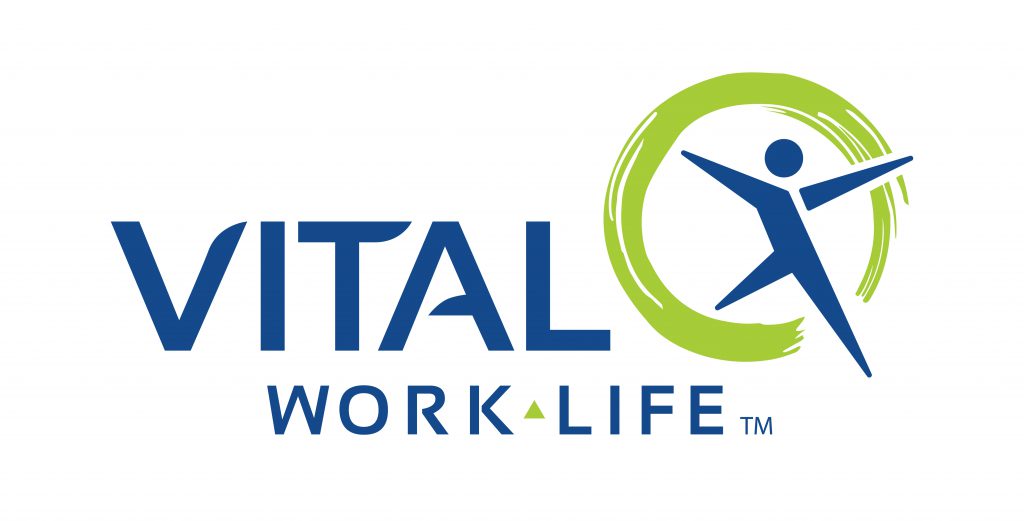The Wisconsin Medical Examining Board (MEB) approved best practice guidelines for opioid prescribing at its monthly meeting in Madison in July. This action is a result of Wisconsin State Assembly Rep. John Nygren’s HOPE legislative package; 2015 Act 269 granted the MEB authority to post the guidelines, which are inspired by those already in place from the Centers for Disease Control and Prevention and the state’s Worker’s Compensation program.
While the guidelines are not mandatory practice parameters, they are expected to assist physicians with making more informed decisions about their prescribing practices. Click here to view the guidelines.
- The MEB also moved closer to finalizing new continuing medical education (CME) rules that will eventually require physicians to include coursework on the new guidelines as part of their 30 hours per biennium requirement. The likely outcome of this CME-related rule will be:
- All physicians who have a Drug Enforcement Administration (DEA) number will be required to take two credits of CME in prescribing-related areas as part of their biennial 30-credit total.
- This requirement will take effect for the next two complete CME reporting cycles (essentially for 2017-2019 and then again for 2019-2021).
- The first time a physician satisfies that two-credit requirement, the CME will need to include information on the new opioid prescribing guidelines. (It is likely the Wisconsin Medical Society’s opioid prescribing webinar series, which is now available on-demand, will be grandfathered in as satisfying the guidelines-related subject matter requirement.)
- The second time the physician satisfies the two-credit requirement, it can be in the arena of “responsible controlled substances prescribing.”
- This requirement COULD end after two CME cycles—it will depend on the status of the opioid crisis and whether or not the MEB continues the requirement for future cycles.
The MEB is expected to finalize these requirements at its meeting later this month.












